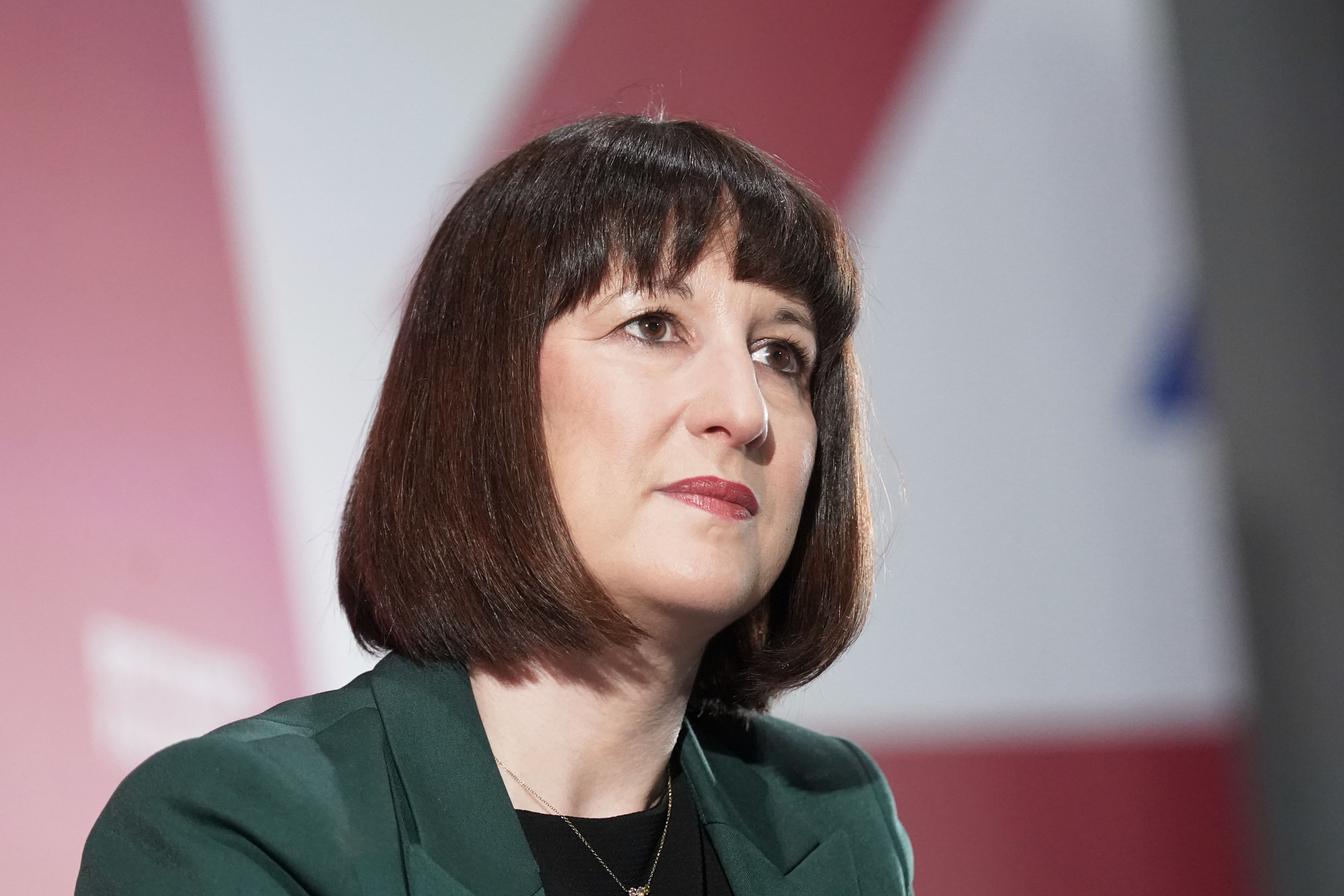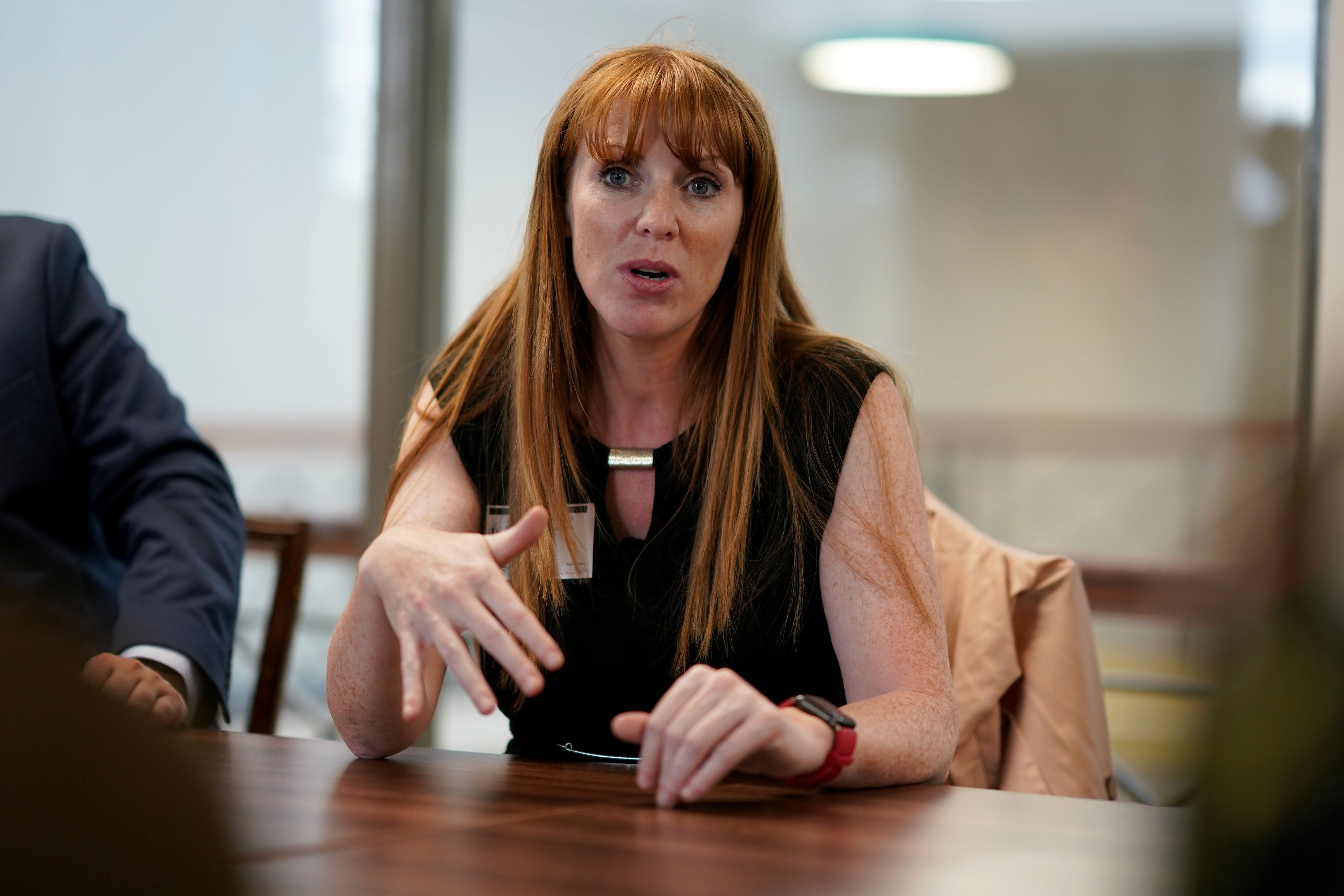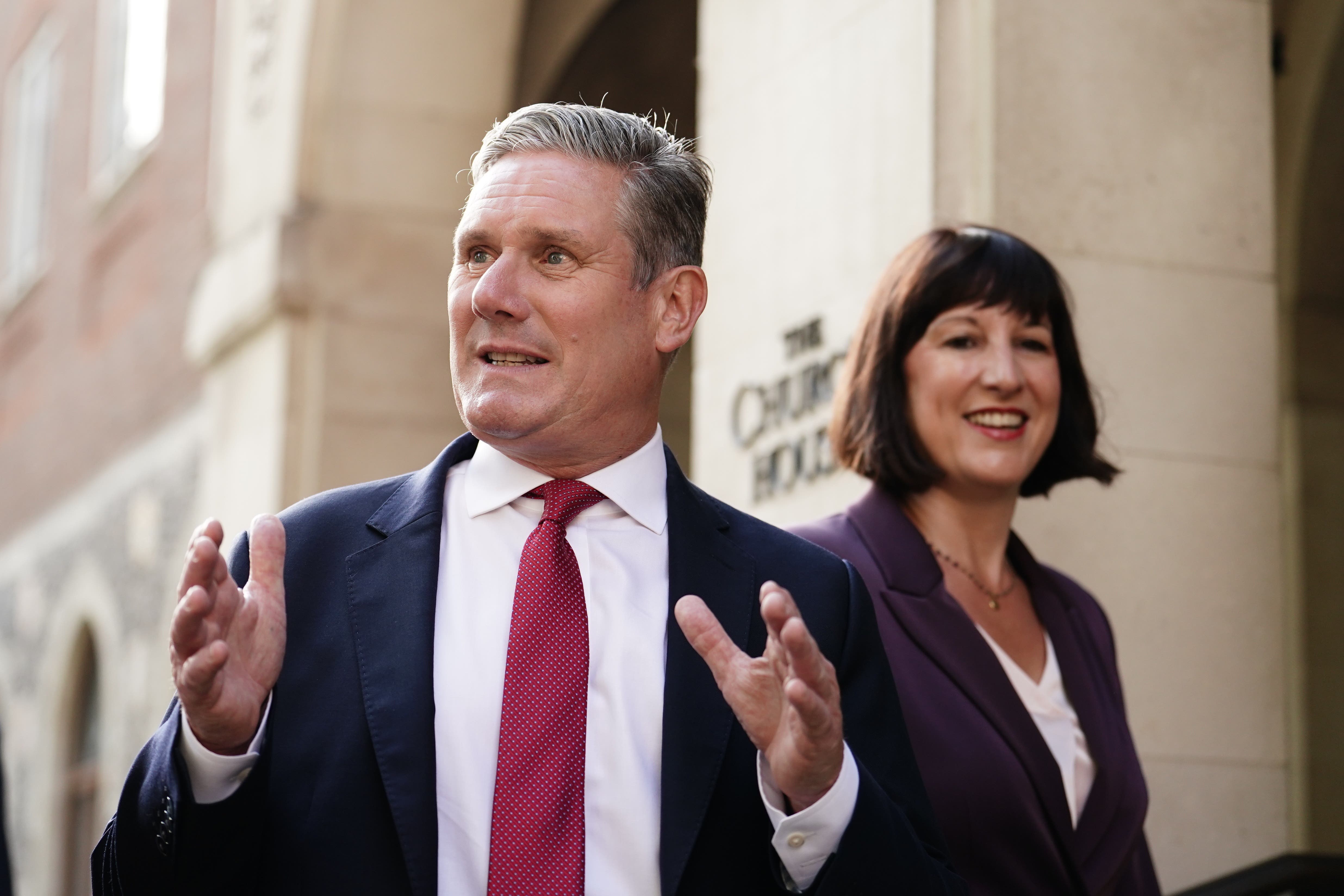Labour finally ditches its £28bn green investment promise
Keir Starmer accused of ‘massive step backwards’ – as Angela Rayner dismisses promised figure as just an ‘arbitrary number’
Your support helps us to tell the story
From reproductive rights to climate change to Big Tech, The Independent is on the ground when the story is developing. Whether it's investigating the financials of Elon Musk's pro-Trump PAC or producing our latest documentary, 'The A Word', which shines a light on the American women fighting for reproductive rights, we know how important it is to parse out the facts from the messaging.
At such a critical moment in US history, we need reporters on the ground. Your donation allows us to keep sending journalists to speak to both sides of the story.
The Independent is trusted by Americans across the entire political spectrum. And unlike many other quality news outlets, we choose not to lock Americans out of our reporting and analysis with paywalls. We believe quality journalism should be available to everyone, paid for by those who can afford it.
Your support makes all the difference.Labour is scrapping its pledge to spend £28bn a year on green investment in government, a top shadow cabinet minister confirmed.
Sir Keir Starmer’s party has been insisting it was not U-turning on the promise – but the Labour leader watered it down to an “ambition” in recent months.
Labour sources say the party will now move away from £28bn a year commitment and focus instead on previously-announced plans to get Britain off fossil fuels.
Despite polling well with voters concerned about climate change, the policy has become a key line of attack for the Conservatives – keen to argue that Labour will not keep a tight grip on the public finances.
Darren Jones, the shadow chief Treasury secretary, said on Friday that Labour would only commit to further particular green investment projects on a “case by case” basis.
“The number will move around just as a matter of fact,” Mr Jones told Sky News. “It will depend on the strength of the economy – we will only invest when it’s affordable – but also on a case by case basis working with the private sector.”

Deputy to shadow chancellor Rachel Reeves, Mr Jones said spending level will be “subject to case-by-case business cases that if, I’m the chief secretary to the Treasury in the next Labour government, I will have to sign off”.
Pushed on how much Labour would spend on green investment, Mr Jones said would “depend on what the types of projects are, what the types of partnerships are with the private sector”.
Labour’s deputy leader Angela Rayner said the party is not committed to “arbitrary” numbers – a reference to the £28bn number Labour announced with great fanfare in 2021.
Ms Rayner told reporters: “It’s not about just throwing a figure out there willy-nilly, and saying we’ll just put that in … it’s arbitrary to say, well every year it will be £28bn by immediately the first day. We don’t even know what the public finances are going to be like.”

Labour is now expected to push specific green energy commitments already made – such as a mass home insulation project, and the set-up of a publicly-owned company called GB Energy.
But these schemes are believed to add up to around £10bn a year by the end of the next parliament – a significant drop on the £28bn a year promise.
Sir Keir has been warned that the U-turn could “backfire”, given the pledges’ popularity with voters.
New polling by the More in Common research group found that it was the party’s second most popular policy – behind ending private schools’ tax breaks – among those planning to vote Labour.
Luke Tryl, director of More in Common, said: “Our research shows that the investment remains a high priority for Labour voters and ditching it could well backfire.”

One shadow Labour minister told The Guardian: “The £28bn is definitely going as a figure.” The source claimed that it wasn’t “such a major departure” because the party was now focusing on specific projects rather than one big figure.
But Labour reaction to the U-turn, from both left and right figures, was scathing. John McTernan, Tony Blair’s former political secretary, tweeted: “There are days when you have to wonder, what is the point.”
Left-wing Labour MP Clive Lewis warned that if a Starmer government “fails to deliver meaningfully” for voters, then they would turn to “more extreme and populist alternatives”.
He tweeted: “These are political choices. And they’re no match for the laws of nature - which dictate that burning fossil fuels disrupts our once stable climate.”
Carla Denyer, the Green party’s co-leader, said the move away from the £28bn commitment was a “massive backward step – for the climate, for the economy and for jobs”.
She added: “This U-turn will push businesses into taking their investment elsewhere – especially to the EU and US where green investment plans are being rolled out.”
Ms Reeves repeatedly refused to set out whether she is standing by the £28bn commitment when asked in interviews on Thursday. Asked around 10 times in an interview with Sky News, she only promised “iron discipline” when it comes to self-imposed spending rules.
The shadow chancellor has first watered it down last year by saying it would be a target in the second half of a first parliament, if Labour wins the general election. And Sir Keir then referred to it as an “ambition” rather than a promise.
Laura Trott, the Tory chief secretary to the Treasury, said: “Labour are now trying to pretend they never said their 2030 energy policy would cost £28bn a year, despite repeatedly saying that their 2030 policy costs £28bn a year.”
Join our commenting forum
Join thought-provoking conversations, follow other Independent readers and see their replies
Comments